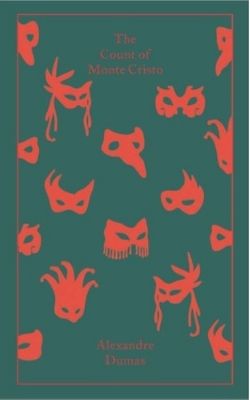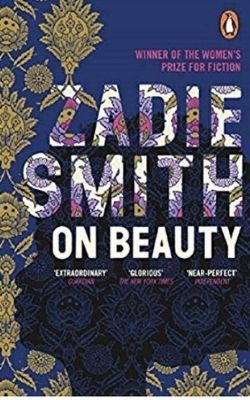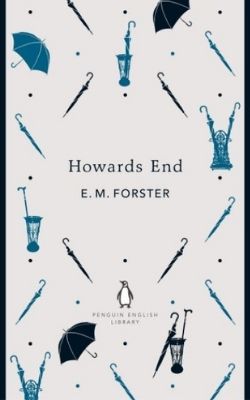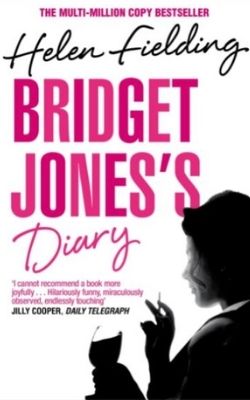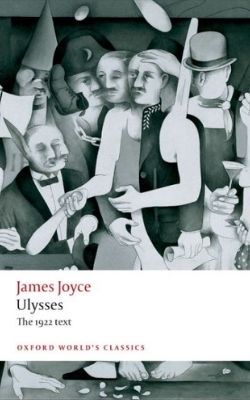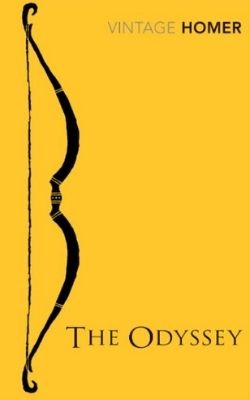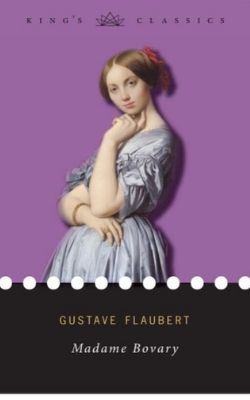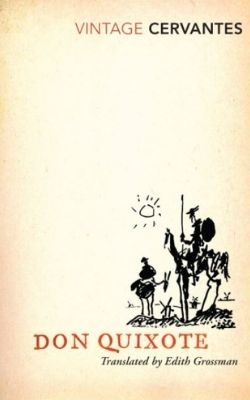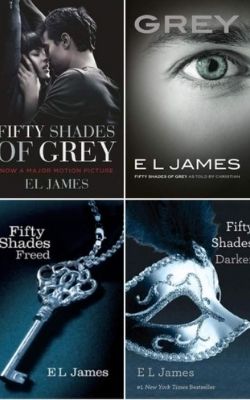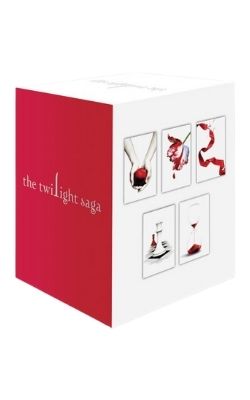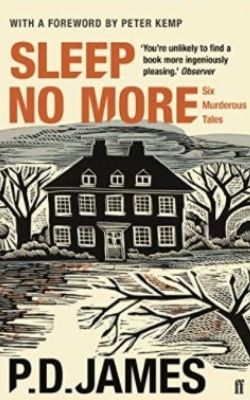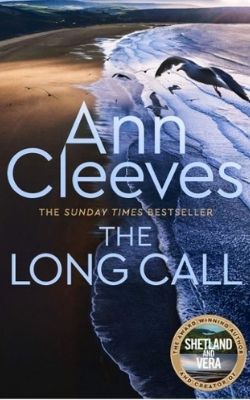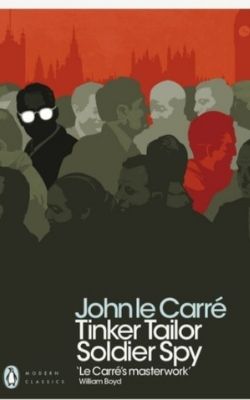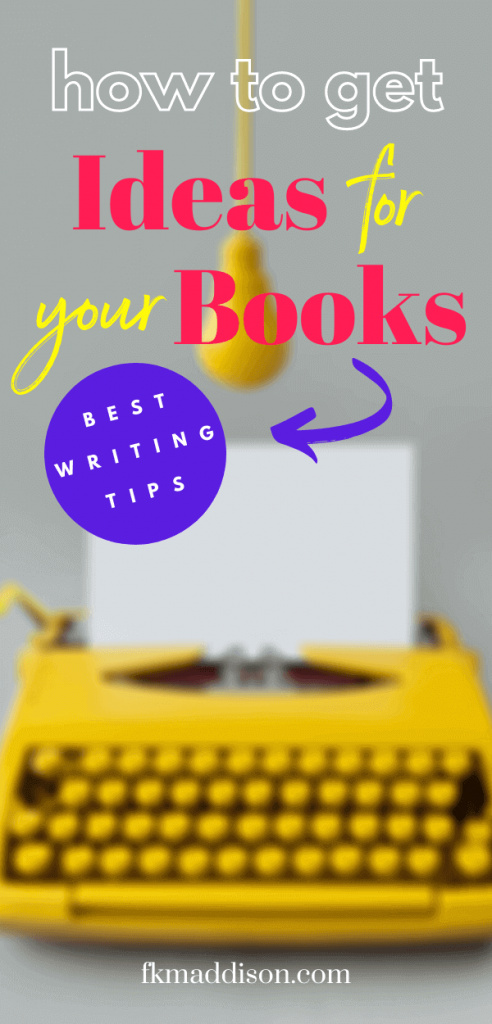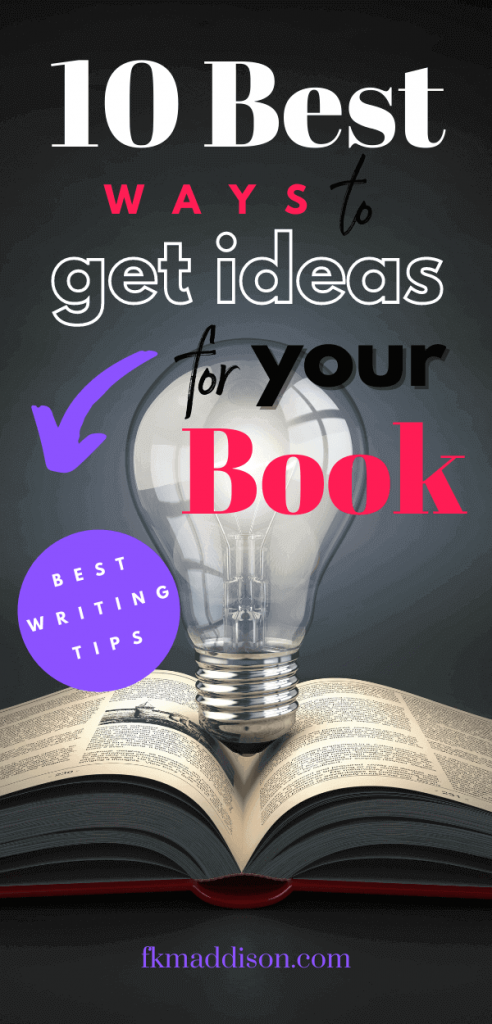Are you thinking about writing a book but you are not sure about the plot, characters or setting? Then check out these Top 10 ideas and ways to kick start your imagination and start creating your story.
This post may contain affiliate links, which means I’ll receive a commission if you purchase through my links and images, at no extra cost to you. Please read the full disclosure here.
1 | Read, Read, Read and Keep on Reading
Most authors will give you this advice, to read and read and read. But you’re probably thinking, well that’s fine, but at some point, I need to stop reading and put those books down so I can actually write my own book.
What these authors are trying to tell us is that, to get ideas for your own book, read as much as you can, from all genres, so that you can develop your own ideas: the genre you are going to write in, how to develop your style and voice.
The books you read will help influence your work, and what you do and don’t want to include in your own writing. If you can, start reading as young as possible; the more time you have on your side the more you can read!
2 | Fill a Void
When you read books, do you ever think I love this story but –. Well, that’s exactly what I thought for many years to. I would read Lord of The Rings and think to myself – this story is great, but – I would really like to see a fantasy fiction series that includes my Kiribati heritage, as well as my British heritage. I wanted to write a story about what was culturally related to me and my family.
Can you fill a void too? You might be thinking there are so many genres out there, that they are oversaturated, however, there is always something you as an individual – with your own experiences, influences, culture – can bring to a story and create a new twist; you never know you might even give birth to a whole new genre.
That brings us on to experiences and influences …
3 | Experiences
A lot of people write about their own life experiences; have you stopped and thought that your own life could be read by the thousands through the pages of a book?
It could be that you have gone through a bad break up and want to fictionalise this. What if something profound has happened to you, such as a car accident, how you overcame adversity? You may want to write this as a memoir – another idea we will talk about shortly.
4 | Influences
Just like my books are influenced by heritage, have you looked at your own upbringing – can you also do the same?
What about the impact your family and friends have had on you – could you write about them as a fictional character, how they influenced you disguised as the protagonist?
Are there other people in your life that you would like to incorporate into your book as a character? There may be a person in your life who you don’t like; turn them into an evil character in your book or explore their behaviour and why they behave the way they do.
Your influences, whether that be heritage, people you grew up with, people you surround yourself with, can all be drawn from to form a world or a character or even the basis for your plot.
5 | Memoirs
Let’s go back to idea number 3, and my reference to Memoirs.
Lots of people like to write memoirs about the older generations in their families; popular amongst these are grandparents who were in the trenches in WWI or POW’s in WWII.
They want to record the memories of their loved ones before it’s too late and so they can pass on their experiences of history for generations to come. But there are more ideas you can turn into memoirs, such as:
- travel (this could be based on your gap year, or the two years you went backpacking across the globe);
- travelogue-memoir (you may be an avid traveller and have lots of experiences to write about);
- your personal journey;
- your diary or journals;
- your childhood.
Tell your story through your eyes; your readers will be able to enjoy listening to your unique style and voice.
6 | Hobbies
What about your hobbies? Do you like knitting, or baking, maybe a bit of DIY at the weekend? Not only could you turn these hobbies into a successful blog, but you could produce recipes or How To books.
Could you combine your hobby with a fictional character? How about a detective that solves crimes through her knitting? Maybe that’s a bit far-fetched, but you get the idea. You could come up with all sorts of ideas to create a book and a very eccentric character!
7 | Landscapes and Buildings
We are surrounded by landscapes and architecture that influence us on a daily basis, like our own homes and towns, but also historical buildings and landscapes like castles and National Parks – why not use one of these to influence your story?
You may have been on holiday recently and thought what a beautiful setting for a romance story or every time you go into your local pub you instinctively get a feel for the place to be set in a thriller? Does your own home have a story to tell, or the city you live in have a history that can shape the backstory for one of your characters?
8 | Adaptations
There have been many book adaptations over time; some of which are just as popular if not more than the original work. Now, I’m not talking about plagiarism here – that is a big no and will get you into a lot of trouble – what I’m talking about is when an author makes an adaptation of another author’s work. Some examples of adaptations are as follows:
Stephen Fry’s The Stars’ Tennis Balls is a thriller/revenge, which is a modern psychological thriller adapted from The Count of Monte Cristo by Alexandre Dumas:
Zadie Smith’s On Beauty is, albeit loosely, based on E. M. Forster’s Howard’s End:
Bridget Jones’ Diary series by Helen Fielding is based on Jane Austen’s Pride and Prejudice, again loosely – but they both have a Mr Darcy:
Ulysses by James Joyce is based on Homer’s Odyssey:
Madame Bovary is based on Don Quixote:
E. L. James’ 50 Shades series is based on the Twilight Saga, minus the vampires and werewolves:
The above authors have either adapted, been inspired by, or taken key elements from the original works to produce a whole other book or series. Are there books that you really love and think you could adapt?
9 | Articles, True Crime, Essays, Poems and More
Adaptations or being influenced by other writers and authors can also include the likes of:
- essays;
- poems;
- articles;
- true crime stories;
- travel books;
- folk stories.
There is a world our there full or resources for you to share in and use as a basis for your book.
10 | Your Job
What about your job, your normal 9-5? Have you thought about writing about your line of work; involving it in the back story to a romance (i.e., a nurse falling in love with her colleague), or are you in a position of authority like a police person?
There are a number of authors out there who have either been involved with the police force at some stage in their life or worked alongside the force in some sort of capacity and have gone on to be crime fiction writers. Some of my favourites are PD James and Anne Cleeves:
Or do you work in the intelligence service? David Cornwell, a.k.a. John le Carré, worked as an intelligence officer in the 1950s and ’60s, for both MI5 and MI6, and would go on to use his experience to write the espionage thriller, Tinker, Tailor, Soldier, Spy.
You don’t have to be in the police force, or work for the intelligence service, but do you think you can use your job as the basis for your own book?
How to Get Ideas for Your Book
There are quite a few ways to get ideas for your book. From filling a void in the book market; experiences to memoirs; using resources available to you like newspaper articles; books; buildings and landscapes surrounding you; from your hobbies to your job.
Use these as prompts to help get your creative juices flowing. Use them but also try and think outside the box a little – inject your own unique style and voice and let that story flow from you onto the page.


